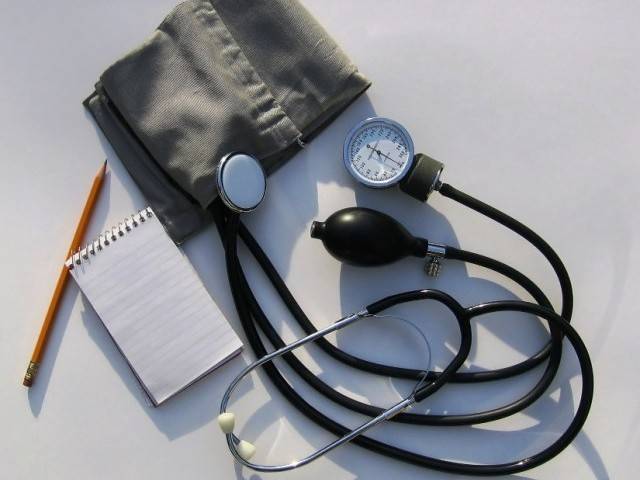
Only three new projects under the Ministry of National Health Services, Regulations and Coordination (NHSRC) were incorporated in the PSDP, with a total allocation of Rs368.89 million in FY 2016-17.
New health initiatives include an allocation of Rs300 million for the establishment of a state-of-the-art cancer hospital at PIMS, which would be completed at a total estimated cost of Rs18 billion. This projects still needs Executive Committee of National Council (ECNEC) or National Economic Council (NEC) approval.
Another Rs50 million has reserved for the establishment of a common unit to manage the global fund, which has an estimated total cost of Rs150 million. This project also needs Central Development Party (CDWP) approval.
A new Rs18.890 million project for upgradation of supply and filling lines to improve the vaccine supply and filling system to achieve CDMP standards at NIH Islamabad has also been included. The project was approved by the District Development Working Party (DDWP) against a total estimated cost of Rs56.964 million.
Some 15 ongoing health schemes have also been included, with a total allocation of Rs24.58 billion, of which Rs124 million has been set aside for the establishment of the country’s first Sera processing laboratory at the National Institute of Health (NIH), with an estimated cost of Rs498 million.
The laboratory will produce anti-snake, anti-rabies, anti-tetanus and anti-diphtheria serum. This project was approved by CDWP in 2012 and till June 2016, an amount of Rs457 has been spent on it. The government has allocated Rs20 million for improvement and upgradation of existing buildings and equipment for manufacturers of measles vaccine from concentrated secondary manufacture, according to the current GMP and GLP, NIH, Islamabad. The project started in 2006 with an estimated cost of Rs87 million.
Some Rs6.7 billion has been allocated for the Expanding Programme on Immunization (EPI), with a total estimated cost of Rs37.645 billion, which was approved by ECNEC in March 2016.
Under the programme, the Rs5.7 billion provincial share is also included and would be deducted at source from provincial transfers. The government has also earmarked Rs1.1 billion for the national maternal, neonatal and child health programme (MNCH), which was approved by ECNEC in 2007 with an estimated cost Rs19.95 billion, and an amount of Rs11 billion has been fixed for the national programme for family planning and primary health care, approved in 2010 with an estimated cost of Rs53.405 billion. To date, only Rs1.622 billion has been spent on it. For the national programme for prevention and control of ‘bird flu’, Rs37 million has been marked in FY 2016-17, while the total estimated cost of the project is Rs330.70 million.
The Government has set aside Rs247 million for the national programme for prevention and control of blindness, and for the National TB control programme, Rs124 million has been marked against the total estimated cost of Rs1.19 billion. Prime Minister’s Programme for Hepatitis would be given Rs684 million against its total estimated cost of Rs13.91 billion. The project was approved by ECNEC in 2010.
In addition, the Rollback Malaria Programme has a Rs124 million allocation, while the population welfare programme in FATA has Rs78.841 million set aside for it. Another Rs274 million have been marked for population welfare in AJK, and Rs119 million for the same programme in Gilgit-Baltistan. Population welfare programmes in the provinces would share Rs7.71 billion, whereas Rs2 billion has been allocated for the Prime Minister’s National Health Insurance programme, which was approved by ECNEC in 2015 against a total estimated cost of Rs9.1 billion. Till the end of the outgoing fiscal year, Rs3 billion had been spent on the programme.
Published in The Express Tribune, June 4th, 2016.

















COMMENTS
Comments are moderated and generally will be posted if they are on-topic and not abusive.
For more information, please see our Comments FAQ